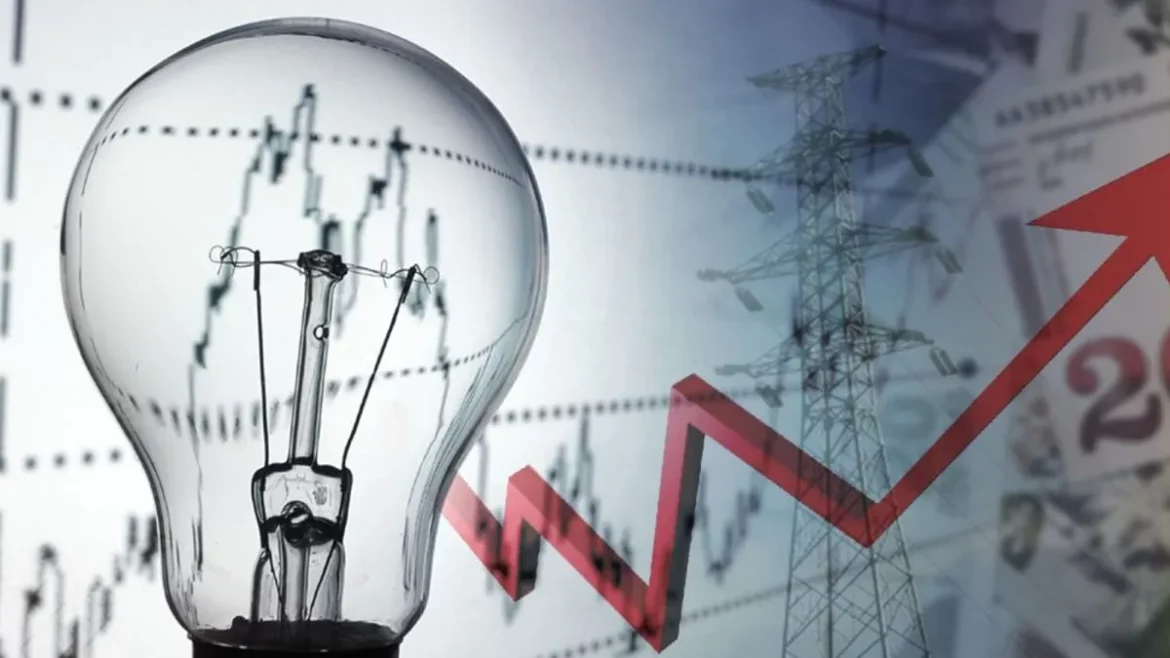By Staff Reporter
ISLAMABAD: Pakistan’s power regulator approved additional charges of up to Rs2.31 per unit for electricity consumers to cover the fuel cost adjustment (FCA) for June, a day after announcing a steep hike in base tariffs, Dawn newspaper reported on Thursday.
The National Electric Power Regulatory Authority (Nepra) said in a statement that it had allowed K-Electric, the sole power distributor in Karachi, to charge an extra Rs2.31 per unit to recover Rs4.4 billion ($27.5 million) from its consumers.
It also approved an increase of Rs1.81 per unit for other distribution companies (Discos) to collect Rs25 billion ($156.3 million) from their consumers across the country.
The additional charges will be reflected in the August bills for the electricity consumed in June, Nepra said.
The regulator said the FCA was mainly due to lower hydropower generation than estimated and higher reliance on expensive imported fuels like furnace oil and liquefied natural gas (LNG).
Hydropower, which has no fuel cost, contributed 30 percent of the total power supply in June, while LNG and coal accounted for 18.55 percent and 17.75 percent, respectively, according to Nepra.
The FCA comes on top of a base tariff increase of more than Rs7 per unit announced by Nepra on Tuesday, which it said was necessary to address the financial woes of the power sector and reduce subsidies.
The tariff hike, which will take effect from July 1, is expected to generate an additional revenue of Rs400 billion for the power sector in the current fiscal year.
The government has said it will provide relief to low-income and industrial consumers through targeted subsidies and incentives.
The decision, which will affect millions of households and businesses across the country, is likely to fuel public anger and inflation in the cash-strapped nation of 220 million people.
Pakistan’s power sector has been plagued by inefficiencies, circular debt, and losses for decades. The government says it is trying to reform the sector and reduce its burden on the budget, but critics say it is passing on the cost to consumers without improving service delivery or governance.
The surge in electricity prices comes amid rising inflation and economic challenges for millions of Pakistanis, who are already struggling to make ends meet. The higher tariffs could also hurt businesses and industries, increasing their operational costs and reducing their competitiveness. The agricultural sector, which contributes about 20 percent to the country’s gross domestic product, could also suffer a blow to its production and output.
Copyright © 2021 Independent Pakistan | All rights reserved




